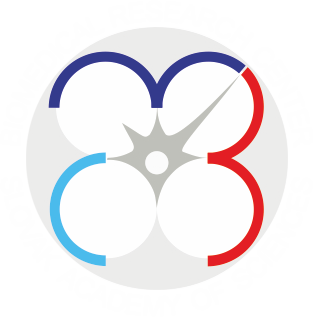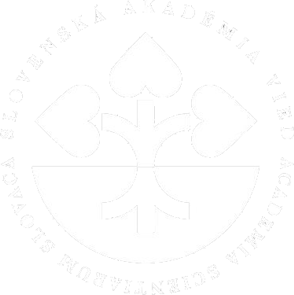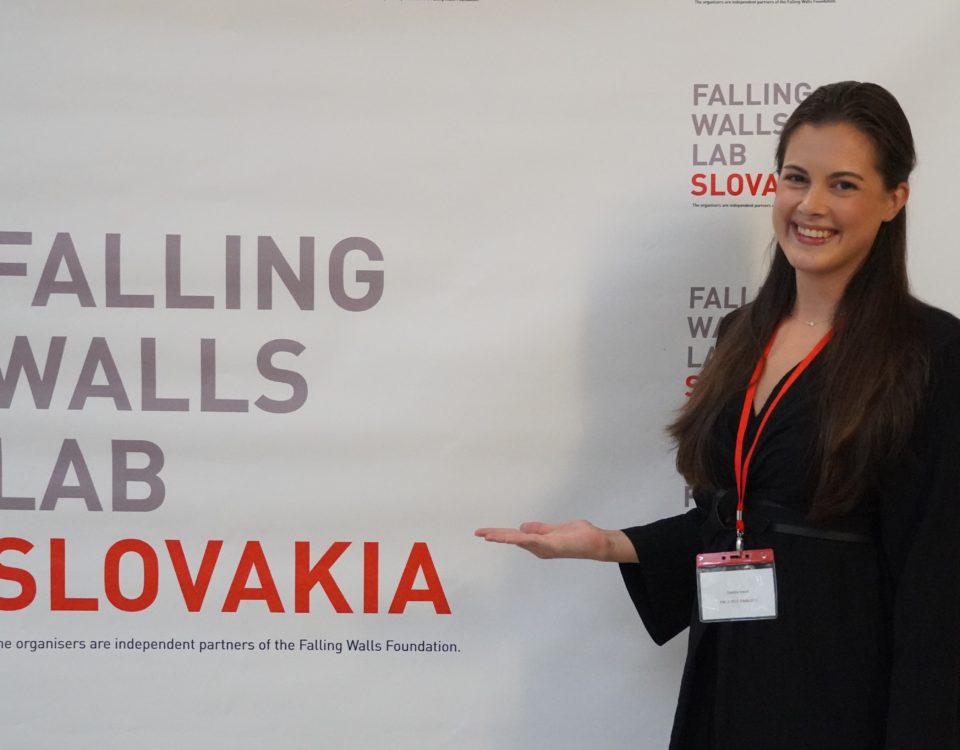This website uses cookies so that we can provide you with the best user experience possible. Cookie information is stored in your browser and performs functions such as recognising you when you return to our website and helping our team to understand which sections of the website you find most interesting and useful.
The research project to assess the risks of zoonoses relating to the loss of biodoversity
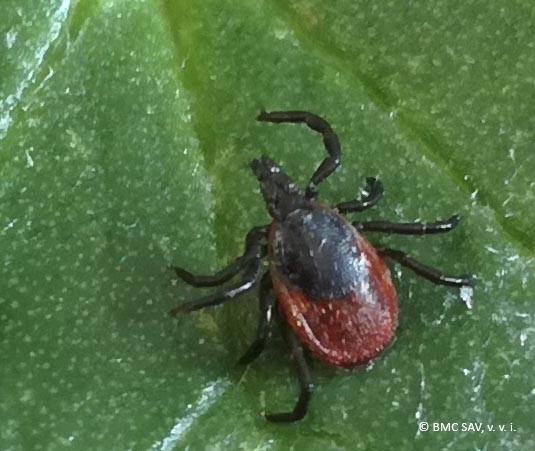
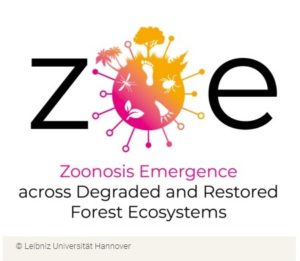 Diseases transmitted from animals to humans, known as zoonoses, are infections that we commonly encounter today. Biodiversity losses due to human interventions in ecosystems also contribute to their increased incidence. But how big is the impact of changes in land use and loss of biodiversity on the transmission of relevant pathologies between animals and humans? This issue is being addressed by an international research consortium within the EU project “Zoonoses Emergence across Degraded and Restored Forest Ecosystems (ZOE)” led by Charité – Universitätsmedizin Berlin. Scientists hope that with this project, their findings will contribute to the early identification of increased risk of emerging zoonoses. In the project, the Slovak Republic is represented by the Biomedical Research Center of the SAS.
Diseases transmitted from animals to humans, known as zoonoses, are infections that we commonly encounter today. Biodiversity losses due to human interventions in ecosystems also contribute to their increased incidence. But how big is the impact of changes in land use and loss of biodiversity on the transmission of relevant pathologies between animals and humans? This issue is being addressed by an international research consortium within the EU project “Zoonoses Emergence across Degraded and Restored Forest Ecosystems (ZOE)” led by Charité – Universitätsmedizin Berlin. Scientists hope that with this project, their findings will contribute to the early identification of increased risk of emerging zoonoses. In the project, the Slovak Republic is represented by the Biomedical Research Center of the SAS.
Zoonotic infectious diseases appear where human and animal habitats overlap. This happens, for example, in environments such as industrial agriculture, or commercial wildlife trade, or when people consume wild animals. The same process occurs in areas where humans interfere with natural ecosystems for two main reasons. First, it brings people into contact with wild animals. And second, human intervention disrupts the health of the ecosystem.
Researchers within the ZOE consortium plan to investigate the precise links between land-use change, biodiversity loss and the risk of emerging zoonoses over the next four years. The interdisciplinary consortium, which includes seven European countries and four American countries, is composed of experts from the fields of virology, geography, epidemiology, geobotany, ecology, immunology, sociology, psychology, anthropology, and the popularization of scientific knowledge. The scientists plan to assess in detail the biodiversity in forested areas that have been subjected to various types of human intervention. To this end, the team will study native forests, as well as degraded and reforested areas in Guatemala, Costa Rica, Slovenia and Slovakia.
To identify land use and the different species that live in these areas, the researchers plan to use both satellite imaging and field studies at the site to gain information about the characteristics of the landscape and the flora and fauna found there. They also intend to determine how many potentially dangerous microorganisms are circulating in the ecosystem using advanced sequencing methods to test rodents, ticks and mosquitoes – all important vectors of zoonotic diseases – for various bacteria and viruses.
The role of the Biomedical Research Center of the SAS within the project is very significant, because Slovakia is only one of the four countries where field research will be carried out directly. “I am very happy that we are included in this prestigious project because we will be able to focus on all three of our strengths, i.e. rodents, mosquitoes, and ticks carrying the virus, at the same time,” explained RNDr. Boris Klempa, DrSc., responsible researcher for the Center.
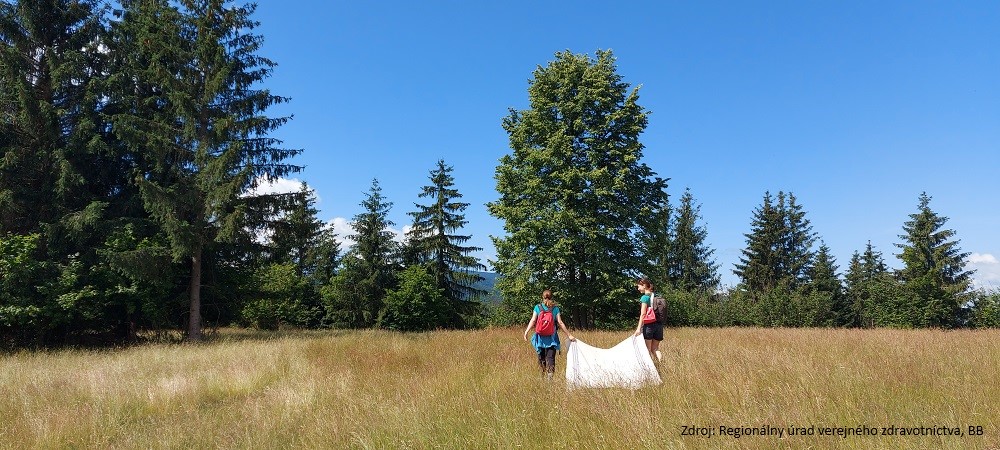
terénny zber kliešťov vedeckých pracovníčok BMC SAV, v. v. i. / field collection of ticks by scientific workers BMC SAS
Further information can be found in the Charité – Universitätsmedizin Berlin Press Release on the ZOE project.
Project partners:
Charité – Universitätsmedizin Berlin, Germany
Leibniz University Hannover, Germany
Biomedical Research Center of the Slovak Academy of Sciences, Slovakia
Fraunhofer Institute for Cell Therapy and Immunology, Germany
Universidad del Valle de Guatemala, Guatemala
University of Vienna, Austria
University of Ljubljana, Slovenia
University of Potsdam, Germany
Pikado B.V., Netherlands
University of Costa Rica, Costa Rica
University of A Coruña, Spain
Aix-Marseille University, France
Protisvalor, France
National Autonomous University of Mexico, Mexico
Centro de Investigación y de Estudios Avanzados, Mexico
Wildlife Conservation Society, USA
Contact for the media:
RNDr. Boris Klempa, DrSc.
e-mail: boris.klempa@savba.sk, tel. č.: 02 / 59 302 465
Source: Press Release of the BMC SAS
Introductory photo: BMC SAS
Logo: © Leibniz Universität Hannover
Photo in the text: MUDr. Jana Kerlik, PhD., Regionálny úrad verejného zdravotníctva, BB / Public Health Authority, BB
Translated by: SAS
